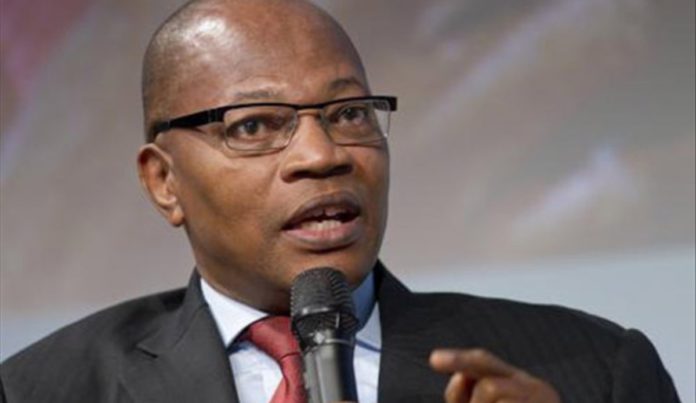The African Union High Representative for Silencing the Guns has criticised attempts by the Economic Community of West African States (ECOWAS) to use military intervention to restore peace in conflict states.
According to Dr. Mohammed Ibn Chambas, the use of military force is a misplaced priority which can further escalate situations in an effort to find a solution to the prevalent political instability and surge in violent extremism in West Africa and the Lake Chad Basin.
“The threat of military intervention will be taken off the table, as that will only escalate the dire security situation in the entire region. Any use of force should be directed against the principal enemy, and we are not in doubt as to who the principal enemy is.
“That is the terrorist and the violent extremists. So let us be very careful in where we divide our energy, our military strength,” he said.
Dr. Ibn Chambas said this during a two-day conference organised by the West African Network for Peace Building (WANEP) on the theme “Research and Action for Peace Network”, which aimed to develop a framework to guide the management and prevention of such conflicts.
The two-day conference brought together security experts, diplomats, development partners, researchers and civil society organisations to find feasible and sustainable ways to address the security situation in the sub-region.
The former ECOWAS Secretary stated that many of these insurgencies are fueled by agitated youth, and called on African governments to give a listening ear to the concerns of the youth.
“Older generations may have been willing to accommodate many situations. Younger generations are not. We have these days – information technology and so many platforms which have changed the dynamic.”
On his part, the Deputy Executive Director of the WANEP, Levinia Addae-Mensah disclosed that the conference will come up with recommendations that will guide the various actors in the fight against extremism.
“The conference is being organised within the framework of a project that already has other dimensions of dealing with issues on the ground, including engaging communities and dialogue.
“So the conversations from here will come out with recommendations for different levels of actors. So of course, the policymakers, we have some in this room who can directly take these to inform what they are doing. We have institution leaders who are also here with us in this room, who are already involved in various processes of dealing with violent extremism,” he said.
The Head of Governance and Security at the European Union Delegation to Ghana, Anna Lexie, underscored the complexities of the conflict in the subregion and called for a comprehensive framework to address the situation.
“The lack of security in the region is complex due to many different factors situation of poverty, deprivation and marginalisation, taking into account also the ethnic components or the land dispute elements.
“So we recognise the complexity of the security situation in West Africa, and this is the reason why we are partnering with the different governments to intervene with different kinds of actions,” she said.
ALSO READ:

